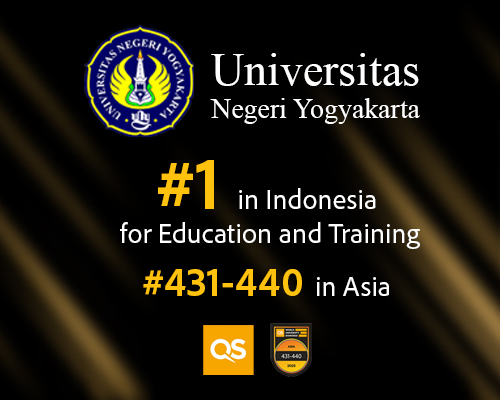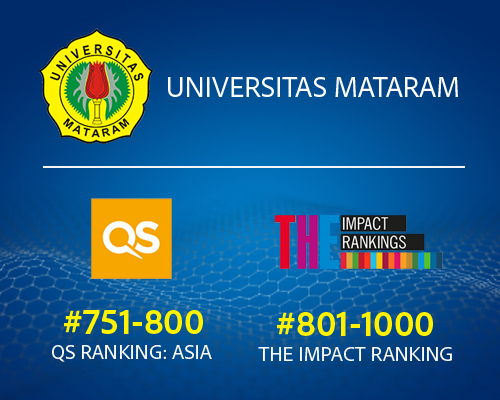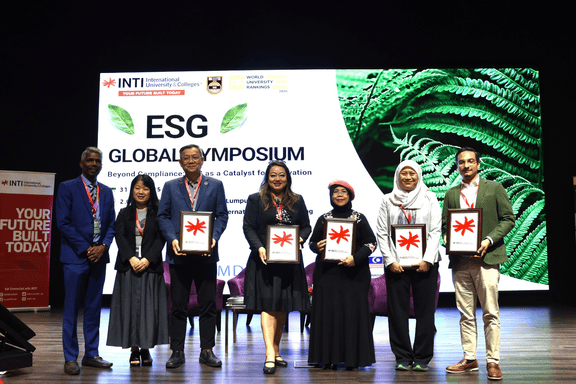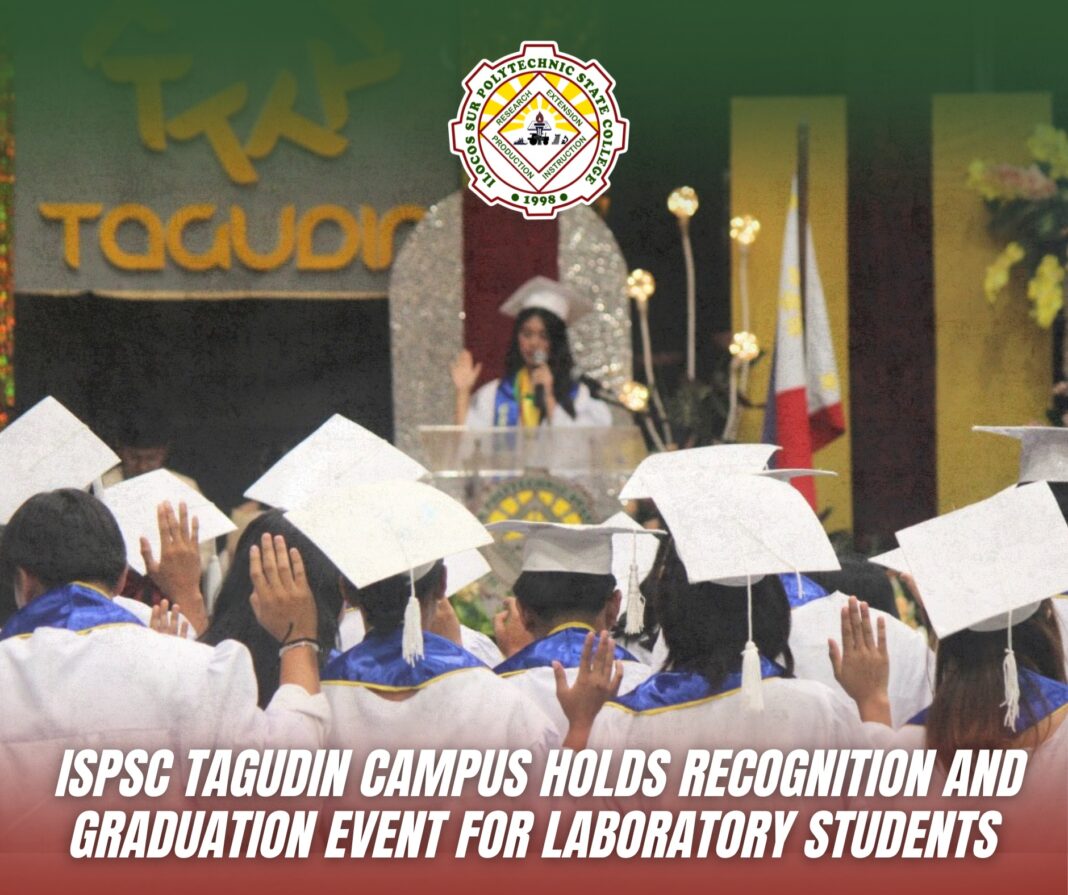INTI International University & Colleges hosted a sustainability forum on August 14, 2025, bringing together industry leaders, academics, and innovators to develop practical strategies for Malaysia’s environmental goals. The event positioned the university as a catalyst for turning sustainability discussions into measurable action through cross-sector collaboration.
INTI University Hosts Sustainability Forum to Bridge Industry-Academia Partnership Gap
Key Details
The forum gathered representatives from multiple sectors at the Tan Yew Sing Auditorium at INTI International College Subang. Key participants included Professor Cheah Kok Hoong, Adjunct Professor at INTI International University and President of the SME Association Malaysia, and Datin Lorela Chia, President of the Malaysian Association of Sustainability and Supply Chain Innovation.
A panel discussion featured Ts. Dr. Norsaidatul Akmar, Secretary-General of the Sustainability Business Network Association Malaysia; Matthias Gelber, Co-Founder of the ESG Innovation Hub; Elina Jani, CEO of Nextgreen Biomass Sdn. Bhd.; and Amir Shariff, Chief Marketing Officer of BCN Smart Technologies Sdn. Bhd.
The event focused on sustainable supply chains, technology’s role in tracking environmental performance, and government-industry partnerships. Dr Arasu Raman, Director of INTI’s Social Impact & ESG Centre, outlined the university’s RISE (Research, Innovation, Sustainability, and Entrepreneurship) initiatives during the proceedings.
Quotes & Reactions
Professor Cheah emphasized the business imperative of sustainability integration. “Sustainability is no longer a peripheral concern; it is a business imperative. To remain competitive, companies must integrate environmental and social responsibility into every decision they make,” he said, urging SMEs to adopt scalable practices meeting global standards.
Matthias Gelber stressed the financial benefits of sustainable business practices. “Real change happens when companies see sustainability not as a cost, but as a driver for innovation and long-term profitability,” he said during the virtual panel discussion.
Dr Arasu Raman explained INTI’s educational approach to sustainability challenges. “RISE reflects our belief that higher education must do more than teach — it must lead the way in addressing environmental and societal challenges. Through RISE, we are equipping students with the skills, values, and networks to create solutions with real impact,” he said.
Background & Context
Dr Norsaidatul highlighted financial barriers facing SMEs in sustainability transitions, noting that partnerships with academia can provide research-driven, cost-effective solutions. The discussion addressed how collaboration between educational institutions and businesses can accelerate Malaysia’s environmental goals.
Elina Jani focused on circular economy opportunities, emphasizing the potential for converting agricultural waste into renewable energy. She encouraged businesses to actively create value from previously overlooked resources.
Amir Shariff demonstrated how smart technologies can optimize energy use and reduce waste, making sustainability initiatives both measurable and achievable for companies across various sectors.
What’s Next
The forum concluded with participants calling for deeper cooperation between industries and academia. By aligning research capabilities with market needs, INTI and its partners aim to accelerate Malaysia’s transition toward a sustainable and inclusive economy through continued collaborative efforts.





